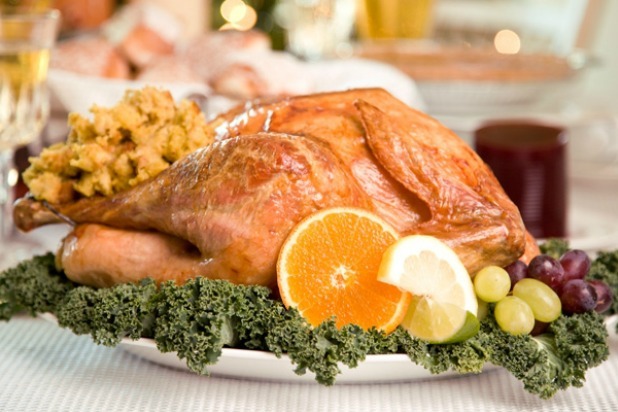Thanksgiving Holidays Around The World Slideshow
Like Thanksgiving Day in the U.S., Chuseok (or Korean Thanksgiving Day) is one of Korea's largest and most important holidays. Again, similar to the U.S., it is a considered to be a time for families to reunite and share a large meal.
Alternatively know has Hangawi, the holiday has historically marked a time when Koreans (who were primarily an agrarian population until recent history), "gave thanks to their ancestors for the year's harvest." Its actual origins are still unclear, but the custom is believed to be related to "ancient religious practices that centered around the moon."
Some of the most important Chuseok traditions involve food. The quintessential holiday dish, which is also evocative of the holiday's lunar ties, are small rice cakes called songpyun. The half-moon cakes are composed of rice flour, stuffed with sesame seeds and/or chestnuts, and sweetened with honey before being steamed with pine needles.
Want to try your own hand at a songpyun recipe? Click here to learn more about both classic and regional varieties.
Liberia
Thanksgiving isn't always held on the last Thursday in November, nor is it only celebrated with a turkey. Take Thanksgiving in Liberia, for example.
Liberia is a country in West Africa that was founded by freed American and Caribbean slaves in the early 19th century. Today, the founding slaves' descendants only make up about 5 percent of the country's current population, but several traditions that they imported from the States, Thanksgiving included, are celebrated to this day.
Liberians celebrate Thanksgiving on the first Thursday of November. It's generally considered to be a day for Liberians to give thanks for freedom and the founding of their country. Like in the States, people gather for a special meal, as well as concerts and dancing.
As far as their traditional Thanksgiving menu goes, Liberians have adapted the meal to the tastes of the region by serving dishes like roasted chicken, mashed cassavas, and green bean casserole. Some folks even add a little extra spice to their meal with peppers like cayenne.
Want to add some Liberian flavor to your next meal, Thanksgiving or otherwise? Check out these recipes including Monrovian collards and cabbage, sweet potato pone, and ginger beer.
Norfolk Island
Perhaps the most unexpected place where one will find a Thanksgiving celebration inspired by the American tradition is on Norfolk Island, a small island in the South Pacific.
The island, which is a little more than 13.36 square miles and has about 2,100 residents, is about 904 miles from Brisbane, Australia. Locals on the island speak English and also communicate in a Norfuk dialect (a mix of English and Tahitian), and the area is technically considered to be an Australian territory.
This background info still begs the question of how Thanksgiving came to this part of the world. According to an islander Thanksgiving expert, the holiday was formally introduced to the island in the mid-1890s when Isaac Robinson, an American trader who came to Norfolk as an agent and eventually became "the island's first (and so far only) United States consul."
Robinson suggested decorating the All Saints Church with palm leaves and lemons in the capital of Kingston and the tradition stuck. Today, families celebrate on the fourth Wednesday of November by bringing produce to sell to help raise money for church upkeep. They also sing American hymns and sharing a potluck meal of "cold pork and chicken, pilhis, bananas... [and] pumpkin pie."
Want to add a little island flavor to your Thanksgiving meal? Check out these pilhi recipes.
Germany
A holiday marking a time to give thanks is hardly a North American invention. In fact, many cultures around the world have had "thanksgiving" traditions for centuries.
One of the more established European examples is Germany's Erntedankfest (meaning "harvest festival of thanks"). Unlike in the U.S. or Canada, the holiday does not have an official date, but is most often celebrated on the first Sunday of October (although the date can change depending on the region). It is primarily a religious celebration observed in rural areas in celebration of a successful harvest, and is usually only celebrated in churches in urban settings.
As for the food, different families have different menus, with some serving traditional German dishes like wienerschnitzel, while some families have adopted North American traditions and serve turkey. Dishes aside, both holidays honor the harvest, which usually means many food-inspired decorations including grains, honeycombs, and seasonal produce.
Want to introduce a traditional German dish to your Thanksgiving meal? Check out this recipe for wienerschnitzel.
Canada
If you live in Canada, or have at least had the opportunity to celebrate Thanksgiving there, then you may have noticed a few significant differences from (and similarities to) the holiday's celebration in the U.S. First of all, the day: Canadians celebrate Thanksgiving on the second Monday of October (Columbus Day in the States). It is also sometimes celebrated on the weekend so that folks don't miss school or work — so it's hardly one of the top travel periods like it is south of the border.
Additionally, Canadians don't cite the Pilgrims' story. The holiday celebrates the harvest, but this has no connection to the traditional U.S. story. The Canadian observance of the harvest was actually celebrated on different dates for many years (sometimes the same as the U.S. date) until 1899, when the government officially moved the celebration to mid-October.
So despite the major differences, what about the food? Turns out that the Thanksgiving meal is pretty much the same in both countries: turkey, cranberry sauce, stuffing, gravy, mashed potatoes, sweet potatoes, and pumpkin pie are all typical on many family tables.
To recognize of the similarities between the two countries, as well as their distinct differences, here' s a Thanksgiving recipe for butternut squash soup inspired by one of Canada's most beloved culinary staples: maple syrup.
The Netherlands
Although most Americans wouldn't know it, Thanksgiving Day is important for the Dutch. You might remember from your history lesson, but before heading to North America, the Pilgrims actually landed in Leiden in the Netherlands (where they ended up staying for 11 years).
Today in Leiden, there is an annual Thanksgiving Celebration held at the Pieterskerk (see above), a Gothic church in the city where one of the Pilgrim leaders, John Robinson, is buried. Additionally, Leiden is home to the Leiden American Pilgrim Museum. This small establishment recreates 16th- and 17th-century furnishings from the time of the Pilgrims.
Locals and tourists can find traditional Thanksgiving meals throughout the country on the third Thursday of every November. Restaurants like the Hard Rock Café, as well as several American associations, host traditional meals with turkey, mashed potatoes, sweet potatoes, gravy, and dressing.
Wanting to add a traditional Dutch dish to your Thanksgiving meal? Consider stamppot, a dish of mashed potatoes and kale.
Grenada
As we have discussed in our series on different Thanksgiving celebrations from around the world, not all "thanksgiving" holidays have the same origins as the familiar American tradition. The U.S. holiday does have some influence over several international Thanksgiving traditions, however, including the October 25 observance in Grenada.
Instead of giving thanks for healthy harvests like many other international Thanksgiving holidays, the Grenadian tradition dates back to the 1983 when American forces intervened during a period of political instability. Grenada had been granted independence from the U.K. about a decade earlier, but political conflicts occurred in the country until the U.S. intervened after a military coup.[slideshow:673330]
A constitutional government was eventually established in Grenada after the invasion, and ever since, the day that the Americans arrived as been designated by the government as a day of thanksgiving for the soldiers who died, as well as the country's political stability.
Today's national holiday in Grenada is typically celebrated with family and friends at special church services, or just simply on the beach. Celebrations are generally low-key, with most folks finding ways to enjoy a day off work. Looking to add a little Caribbean flavor to you next Thanksgiving meal? Check out our recipe for oil down, or Grenada's national dish.
